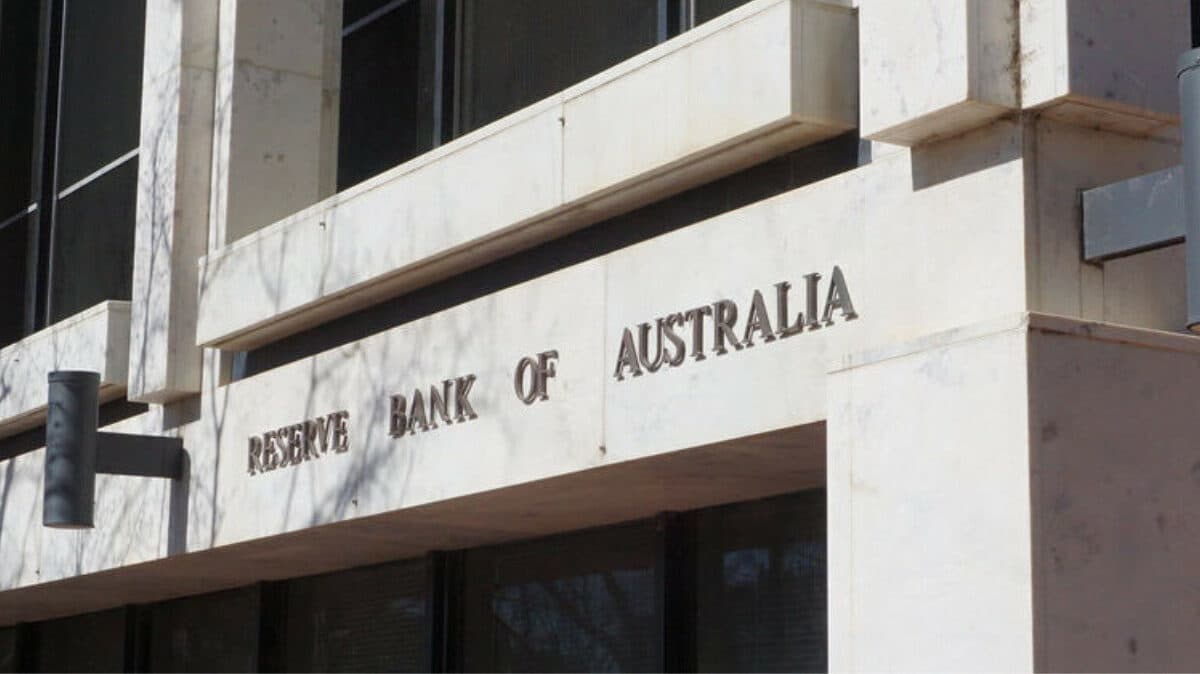The Reserve Bank of Australia (RBA) could potentially raise interest rates today for the first time in 11 years.
Since the announcement of the 5.1 per cent consumer price index (CPI) reading for the March quarter, that topped the market expectation of 4.6 per cent, economists have been predicting RBA intervention through increased interest rates to counter surging inflation.
The RBA has previously said that it wants inflation to be between 2 per cent and 3 per cent, fuelling predictions that they may move the cash rate target.
The last raise took place in November 2010 when the official cash rate was raised by 0.25 per cent. In the last two years since the pandemic, interest rates have stayed at a record low of 0.1 per cent.
Economists are predicting an increase by at least 15 basis points.
“As the inflationary environment suggests, interest rates for both businesses and households are increasing, with the variable rate already rising ahead of any movement in the cash rate,” explained Anneke Thompson, CreditorWatch chief economist in its reflections on April’s economic updates.
“Given the bank’s source capital on global markets, the increasing cost of debt is already being priced into the cost of Australian home loans. As it stands, given the causes of high inflation are widespread and complex, it is difficult to say how long the higher interest rate environment will last.”
Coming ahead of Federal Elections, the RBA’s meeting could mean major political implications. Prime Minister Scott Morrison has built much of his re-election campaign on strong economic recovery, and an increase in interest rates could result in conservative spending by households in other parts of the economy. Meanwhile, any inaction by Australia’s central bank and banknote issuing authority could lead to accusations of political pandering.
The last time interest rates were raised ahead of elections, back in November 2007, Prime Minister John Howard went on to lose his seat.
“Certainly, major spending promises by both sides of politics won’t help the issue from a fiscal policy perspective, and it may be that in the upcoming federal budgets, capital projects are reduced to try to reign in the spiralling cost of doing business – particularly in the construction sector,” Ms Thompson added.
As cost-of-living pressures continue, all eyes are on the RBA meeting set to take place at 2:30 PM.
READ ALSO: Let’s Talk: How businesses can cope with inflation in the face of uncertainty

